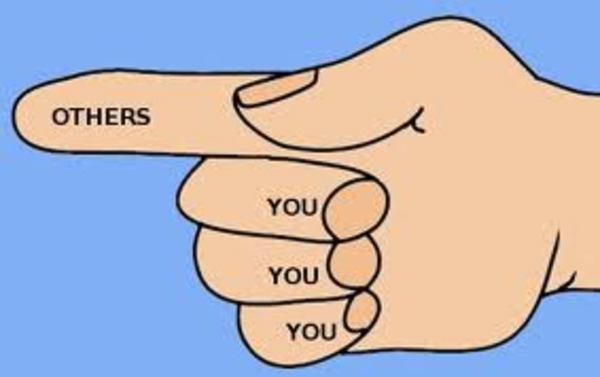When people talk about the ‘good old days’, they already imply that ‘these days’ are gone bad. For instance:
1. They talk about the high esteem to which virginity was held Vs the fact that the 21st century 15-year-old should have had sex over and over again or knows next to everything about sex.
2. Again, they talk about the worrying state of education Vs the fact that the average Standard VI pupil back in the days was already so good that he/she could become a teacher.
3. They talk about ethics and values and etiquette of time past Vs the nonchalance of millennials towards everything that use to make for civility – in time past.
4. In time past, too, the cardinal virtues (prudence, fortitude, temperance, justice) meant so much, and helped defined a man’s worth and strength of character Vs now that more of vices have taken centre-stage on the scheme of things.
5. Then, too, there were immortal codes for living for which men were prepared to die; like honour, like courage, like friendship Vs now that next to nothing is worth dying for. Enjoyment galore!
However, did things really become bad or they simply changed? For me, things only changed, and it’s only when we make comparison and pass value judgement that we can say things turned bad. But come to think of it, was it all better and is it all bad now? I doubt. And my doubt leans against the backdrop that those ‘purported good old days’ was bad in it’s own way, too. Come to think of it, again, who were responsible for turning these days from good to bad? In a relay race, for instance, which of the runners would be responsible for winning or losing the race, the starter or the finisher, or the intermediate runners? Truth be told, there is just a way every runner glories in the victory or partake in the lose; the starter no less than the finisher.
There is a better attitude we should adopt, instead of crying over spilled milk or throwing the baby away with the bathwater. I’m suggesting that we focus more on the inquiry into how things fell apart, with a view to arresting the situation as much we can. This is because, like it or not, certain predisposing factors saw us to this point, which include:
The sex revolution
It would be very unfair outrightly condemning this generation for sexual recklessness without going into the very root of the matter. And if you look at it closely, the people of the good old days were more afraid than virtuous. There were no reliable contraceptives and venereal diseases almost had no cure. And so, virginity was more or less an escape route. Such that when the 1960s saw the perfection of contraceptives and a way forward for venereal diseases, the hitherto adoration of sexual purity quickly eroded. Here we’re!
The fall of the family
Truth be told, this house has fallen! With the turnaround in the economic fortunes of the globe, family had to adjust in response to the economic trend; both parents now had to work to make ends meet. The result is that the children are left to form themselves. And what do you expect? They just keep trying things and crossing lines. Left home alone, should we be surprised at siblings seeing sexually explicit movies and trying things out with one another? Needless to begin to talk about morals and values.
The ICT revolution
In more ways than we can say, the advancement in information communication, especially the advent of the internet changed everything forever. And we cannot talk about this enough.
The rise in humanism
At least we now know that people fear God more than they love him, such that when an alternative showed up they left him with the speed of light. When social scientists started ascribing significant changes in societal organization to human effort, God started losing his place on the scheme of things. Then his many Thou shall nots were thrown back at him.
Seen thus, the factors that got us where we’re now are not only identifiable but can be worked on. So, why not we focus on working on them and stop trading blames. The blame-game can at most make certain quarters feel better about themselves; it just never changes anything.
